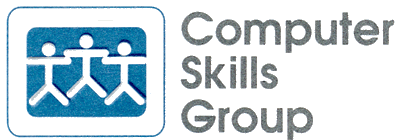

If you don't already know, I strongly recommend running a virus checker AND keeping it very current. There are several major products available for virus protection, the two best known coming from the companies McAfee and Symantec. While I have used both in the past, my personal preference is for the Peter Norton product from Symantec. Known as Norton Anti-Virus (NAV), it can be acquired separately or as part of Norton Systemworks. Peter Norton became famous in the early days of personal computers when he wrote his now-famous Norton Utilities, filling a large need under early versions of DOS. These utility programs have been updated over the years and are still the backbone of the Systemworks package. Regardless of which brand of anti-virus program you choose however, you are likely to bump into a perplexing question, often at just the wrong time.
Here's the Question -
Either during setup or when the program actually finds a virus, they ask you this question:
Here's the Answer -
Always elect to delete the file.
Here's Why -
In a very informative article by Wayne Rash, of the InfoWorld Test Center, he reminds us that the ability to "quarantine" a file is a hold-over from the very early days of personal computers and viruses.
Finding a virus then meant having some smart guy from the computer department actually diagnose the problem and invent a way to repair the file, all before you could proceed.
You were supposed to hold onto the infected file until the repair had been invented and could be applied.
Quarantining meant storing the file in a special place where it would do no harm in the meantime.
Since no one actually does their own repairs anymore, there's no point in holding on to the file.
In fact, in storing the file anywhere on your hard disk, you run the risk of accidentally restoring it, allowing the damage to occur even after you should have been safe.
The newest versions of anti-virus software are beginning to do away with the quarantine options, but I thought you might want to know in the meantime.
And about Virus Checking Software and Keeping It Updated -
Having virus-checking software isn't really optional these days.
The frequency and complexity of attacks has accelerated and few attackers are ever identified and prosecuted.
If you install NAV for example, and enable the automatic update feature, you will find it updating about twice a week!
That's how often new viruses are discovered these days.
I know this is costing me business but believe me, heading off the virus is a lot less painful than having it hit and calling me to clean it up (if we can, that is).
Part of my service is to provide sound advice.
Buy the program and keep it current on updates.